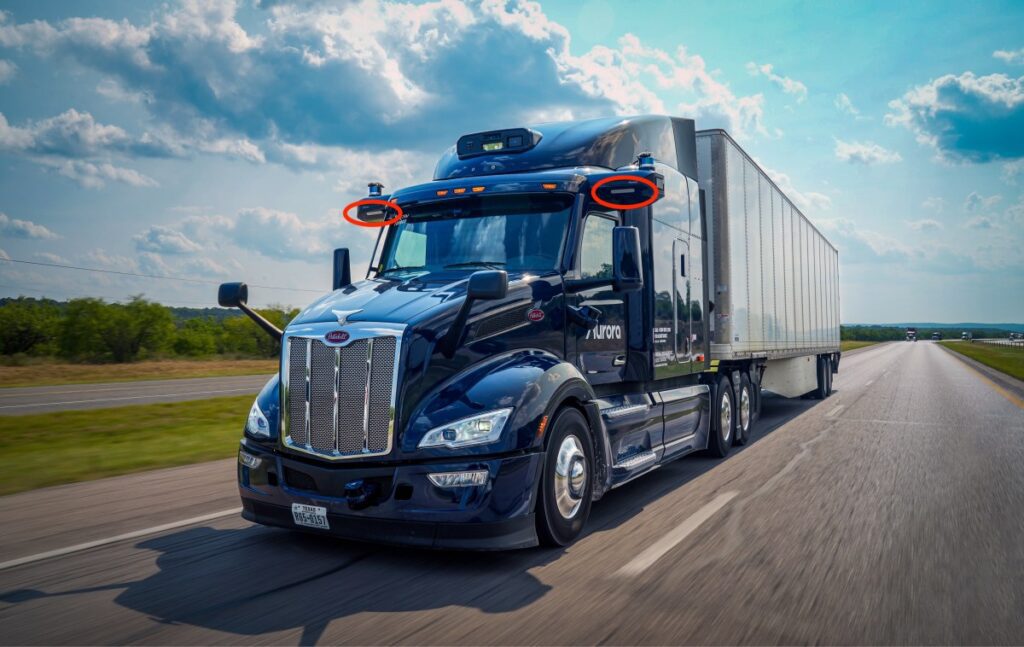Welcome to TechCrunch Mobility, your premier source for insights into the future of transportation. Stay connected for the latest updates!
Aurora Innovation’s Leap into Autonomous Trucking
In an ambitious move, Aurora Innovation has commenced operations of the first fully autonomous commercial trucking service in the U.S., following a series of schedule adjustments. Initially set for a 2024 rollout, Aurora has successfully navigated its launch just in time.
Initial Operations and Future Plans
This week, Aurora achieved a significant milestone by transporting freight over more than 1,200 miles between Dallas and Houston with its launch partners, Hirschbach Motor Lines and Uber Freight, operating a single truck. The company envisions expanding its fleet to “tens of self-driving trucks” and plans to extend its services to El Paso and Phoenix by the end of 2025.
Industry Challenges Ahead
While this advancement marks a pivotal moment for Aurora and the autonomous trucking sector, the ongoing impact of tariffs affecting logistics raises questions about the company’s future stability. Will Aurora be positioned to thrive amid these challenges, or could external factors pose significant risks?
Trending Acquisitions and Collaborations
In the realm of business developments, AeroVironment, a prominent name in drone technology, has completed its acquisition of BlueHalo, a space and defense engineering firm, for $4.1 billion in an all-stock transaction. This merger aims to create a new model for defense technology that spans multiple domains, including air, land, sea, space, and cyber.
Also noteworthy is True Anomaly, which has secured $260 million in Series C funding led by Accel. This defense-centric aerospace startup focuses on building spacecraft and software for U.S. national security initiatives.
Recent Notable Developments
Advancements in Autonomous Vehicles
Collaboration is continuing in the autonomous vehicle landscape, with May Mobility joining Uber’s partner network to deploy its autonomous vehicles starting in Arlington, Texas, by 2025. Similarly, Momenta, a Chinese startup, plans to launch its robotaxis on Uber’s platform in Europe by 2026.
Waymo and Toyota are in discussions regarding a potential partnership to develop new self-driving vehicles tailored for ride-hailing services, though these talks are still in the early stages.
Electric Vehicle Sector Highlights
Canoo‘s bankruptcy proceedings are revealing ongoing complications, as a London investor has intervened, seeking to halt the CEO’s proposed asset purchase amid concerns of an unfair process. His bid of $20 million surpasses the CEO’s offer of $4 million.
Meanwhile, Rivian is well-prepared against market fluctuations, thanks to a substantial inventory of batteries acquired before and after the recent tariff imposition.
New entrant Slate Auto, backed by Jeff Bezos, aims to establish a production facility for an affordable electric truck in Warsaw, Indiana.
In news involving Tesla, reports indicate the board is exploring potential successors to CEO Elon Musk, although Tesla’s chair Robyn Denholm has strongly denied these claims.
Ongoing Legal Battles
In the ride-hailing space, DoorDash is seeking the dismissal of a lawsuit from Uber, which accuses it of engaging in anti-competitive practices. DoorDash asserts that the lawsuit serves as a tactic to hinder fair market competition.
